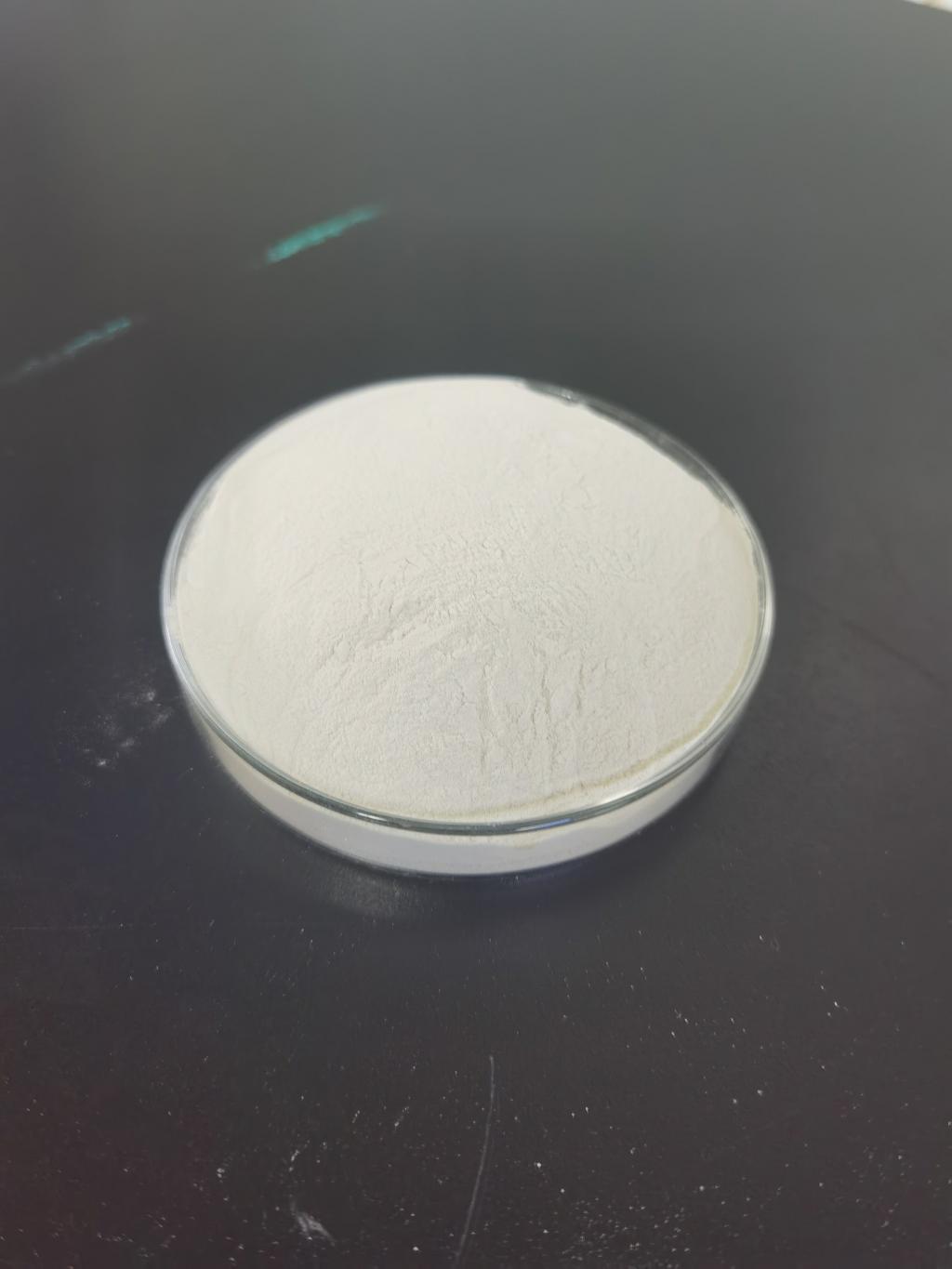Tel:0086 18231198596

News
Current Position:
Home >
News
>Nisin's Impact on Reducing the Environmental Footprint of Food Production
Nisin's Impact on Reducing the Environmental Footprint of Food Production
TIME:2024-02-01
I. The Environmental Footprint of Conventional Food Production:
Pesticide and Chemical Use:
Conventional agriculture relies heavily on synthetic pesticides and chemicals, contributing to soil degradation, water pollution, and harm to non-target organisms.
Food Waste:
A significant portion of the environmental impact in food production comes from post-harvest losses and food waste. Inefficiencies in storage, transportation, and processing contribute to the depletion of resources.
Energy Consumption:
The energy-intensive nature of conventional farming practices, including irrigation, fertilization, and machinery use, adds to the environmental burden of food production.
II. Nisin as a Sustainable Solution:
Natural Antimicrobial Properties:
Nisin's primary role as an antimicrobial agent makes it a valuable tool in reducing the need for synthetic preservatives and antimicrobial chemicals. By harnessing Nisin's natural properties, food producers can enhance the safety and shelf life of their products without compromising the environment.
Biopesticidal Applications:
Nisin's antimicrobial properties extend to its effectiveness against various bacteria and fungi. In agriculture, it can be used as a biopesticide, reducing the reliance on synthetic pesticides and minimizing their environmental impact.
Preservation of Fresh Produce:
Post-harvest applications of Nisin can help preserve fresh produce, extending its shelf life and reducing the likelihood of spoilage. This can contribute to significant reductions in food waste throughout the supply chain.
III. Applications of Nisin in Food Production:
Meat and Dairy Industry:
Nisin has been widely used as a natural preservative in meat and dairy products. Its ability to inhibit the growth of spoilage and pathogenic bacteria not only ensures food safety but also reduces the need for chemical preservatives.
Beverage Industry:
In the beverage industry, Nisin can be employed to prevent the growth of spoilage microorganisms and extend the shelf life of products such as juices and soft drinks. This application aligns with the increasing consumer demand for minimally processed and preservative-free beverages.
Bakery and Confectionery:
Nisin's efficacy in inhibiting mold growth makes it suitable for use in bakery and confectionery products. By reducing the need for synthetic preservatives, Nisin supports the production of more environmentally friendly and consumer-friendly baked goods.
Fresh Produce Preservation:
The application of Nisin as a natural preservative for fruits and vegetables can significantly reduce post-harvest losses. This is particularly important in addressing the environmental impact of food waste and enhancing food security.
IV. Environmental Benefits of Nisin:
Reduced Chemical Residues:
The use of Nisin in food production minimizes the reliance on synthetic chemicals, leading to lower chemical residues in food products and the environment.
Lower Energy Consumption:
The natural origin of Nisin and its role in reducing food waste contribute to a more efficient and sustainable food production system, ultimately lowering the overall energy consumption associated with the food supply chain.
Water Conservation:
By minimizing the need for synthetic pesticides and chemicals, Nisin contributes to water conservation by reducing the contamination of water sources. This aligns with sustainable agriculture practices that prioritize water stewardship.
V. Safety Considerations and Regulatory Compliance:
Consumer Safety:
Nisin is generally recognized as safe for consumption, and its use in food production has a long history. Rigorous testing and adherence to regulatory standards ensure its safety for consumers.
Regulatory Compliance:
As with any food additive, the use of Nisin in food production must comply with established regulatory guidelines. Ensuring proper oversight and adherence to these standards is crucial to guarantee safety and efficacy.
VI. Future Directions and Challenges:
Research and Innovation:
Ongoing research into the potential applications of Nisin and the development of new formulations will contribute to its broader adoption in the food industry.
Consumer Education:
Educating consumers about the environmental benefits of Nisin and the importance of sustainable food choices can enhance its acceptance and promote its widespread use.
Global Adoption:
Encouraging the global adoption of Nisin in food production requires collaboration between industry stakeholders, policymakers, and consumers. Overcoming challenges related to awareness, cost, and regulatory harmonization will be crucial for its widespread implementation.
Conclusion:
Nisin's impact on reducing the environmental footprint of food production is a testament to the potential of natural solutions in addressing sustainability challenges. From enhancing food safety to minimizing waste, Nisin offers a versatile and environmentally friendly alternative to conventional methods. As the food industry continues to evolve, incorporating Nisin into production practices can play a pivotal role in creating a more sustainable and resilient global food supply chain.

 CONTACT
CONTACT




